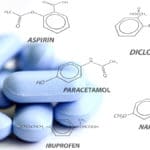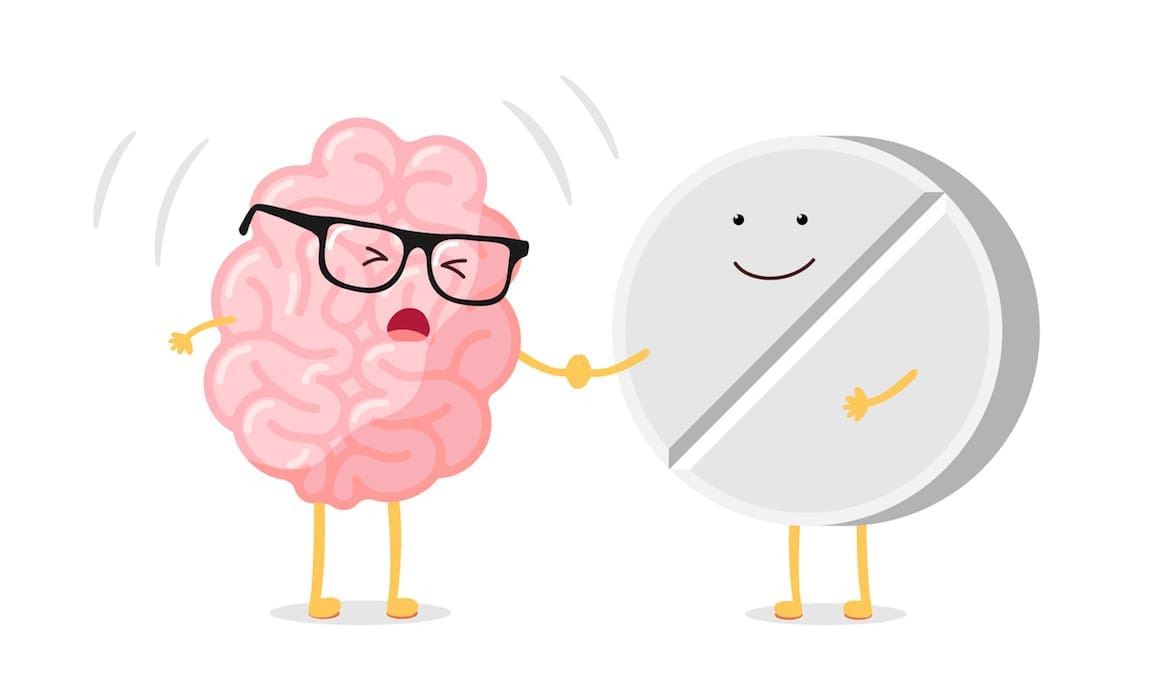In spite of the significant advances in medical treatment for depression, there are still many patients who fail to respond positively to the typical course of treatment. When clinicians are faced with a patient with depression who is resistant to other forms of treatment, they may recommend atypical antipsychotics. When navigating the many therapeutic options for depression, you might find yourself asking, “How do atypical antipsychotics work for depression?”
What Are Atypical Antipsychotics?
Often called second-generation antipsychotics, atypical antipsychotic medications differ from typical antipsychotics because they interfere with serotonin receptors. Atypical antipsychotics are complex drugs. They are considered “atypical” (as opposed to “typical” or “conventional” antipsychotics) based on their clinical profile. They tend to have fewer side effects including extrapyramidal symptoms, which may involve tremors, involuntary movements, and muscle contractions.Since the 1990s, this form of medication has been approved to be used to treat major depressive disorder and has shown varying results. Due to the fluctuating nature at which cognitive symptoms of depression present themselves, mental health professions must keep clinical treatments and methods up to date in their practices.
The use of atypical antipsychotics to treat depression has become a popular solution because of the effects of a combined treatment to multiple receptor systems. According to the research performed by Dr. Ping Wang of the Beijing Shijitan Hospital, atypical antipsychotics contribute to the “regulation of monoamine, glutamate, gamma-aminobutyric acid (GABA), cortisol, and neurotrophic factors” of people who suffer with depression. These are a common option for mental health professions because they have fewer side effects.
Here are some of the most common atypical antipsychotics prescribed to be used adjunctively to treat massive depressive disorder:
- Aripiprazole
- Olanzapine
- Quetiapine
- Risperidone
How Do Atypical Antipsychotics Work for Depression?
In order to determine the efficacy of atypical antipsychotics for treatment of depression, clinicians may decide to have their patients combine medications or use the atypical antipsychotic on its own. Ultimately, treatment may result in a system of trial and error before finding the perfect combination that manages depression effectively. When this medication is added to your methods of treatment, you might wonder, “How do atypical antipsychotics work for depression?”
Antidepressant Effects of Atypical Antipsychotics
Similarly, atypical antipsychotic medications are used for the treatment of bipolar depression and have proven some antidepressant effects. From the above study, Dr. Wang lists speedy disengagement and decreased activation of dopamine receptors, blockage of the norepinephrine transporter, lowered cortisol levels, and a rise in the Brain-derived neurotrophic factor levels as some of the pharmacological mechanisms associated with the use of atypical antipsychotics.
It is due to this interaction with dopamine receptors that atypical antipsychotics have that result in significant changes in mood for some patients. This interaction prevents the overexertion of emotional and cognitive responses without drastically influencing sensations of pleasure.
The reason atypical antipsychotics are so commonly prescribed adjunctively with an antidepressant is because it is believed that the combination will produce a stronger reaction. Depending on the type of atypical antipsychotic used and which antidepressant the antipsychotic is paired with, the antipsychotics may bind with different serotonin receptors and subsequently vary in effectiveness for the patient. For instance, some atypical antipsychotics can decrease or increase the expression of neurotransmissions in the central nervous system by affecting the glutamate receptors.
While the chemical reactions that the atypical antidepressants ignite are separate from those of the antidepressants, patients may feel a relief of the symptoms associated with depression regardless.
Negative Effects of Atypical Antipsychotics
When considering how atypical antipsychotics work for depression, it is necessary to understand the risks as well. In a study conducted by Dr. Tobias Gerhard of Rutgers University, it was found that treatment with an atypical antipsychotic resulted in “an increased mortality risk for elderly patients with dementia.” Following three months of monotherapy with a traditional antidepressant, some patients were administered an atypical antipsychotic to use adjunctively. Based on Gerhard’s study, of those patients, there was a 45% increased risk of dying during follow-up, which translates into “an absolute risk difference of 37.7 deaths per 10,000 person.” In younger patients, Gerhard found a host of negative effects, such as weight gain, diabetes, dyslipidemia, and other side effects. Since this research was performed, physicians, like Dr. Timothy Sullivan of the Northwell Health’s Staten Island University Hospital, caution overusing atypical antipsychotics as a treatment option.
Still, in a review for a journal of Bipolar Disorders, it was noted that “nonpsychotic major depression was diagnosed and adjunctive antipsychotic treatment was included rose from 4.6% in 1999‐2000 to 12.5% in 2009‐2010.” This same review affirms the need for the specific use of “adjunctive,” as opposed to “augmentative,” when referring to atypical antipsychotics because the effects are independent of the original and primary antidepressant.
After a patient has shown proven signs of treatment resistant depression, mental health professionals often seek the incorporation of atypical antipsychotics. In the VAST-D trial, it was discovered that “atypicals did not offer an advantage, and adverse effects were more significant.” According to the study, it was found that the atypical antidepressant provided no significant benefit for the most part and caused certain symptoms, like akathisia and somnolence, among others.
Find Your Solution with Mid City TMS
Transcranial magnetic stimulation (TMS) is an atypical solution for depression, but one of the most effective. It involves the use of magnetic pulses to jumpstart the areas of your brain experiencing low activity due to depression. We understand that results may vary when it comes to treatment, but at Mid City TMS, we are committed to finding the right solutions for our patients. Often, TMS is an effective treatment option for patients who have been suffering with treatment resistant depression for a while, or patients who are simply overwhelmed by the adverse side effects of taking medications to treat their depression. If you have any question or are interested in taking that first step towards your new mental and emotional beginning, contact Mid City TMS to make an appointment today!



